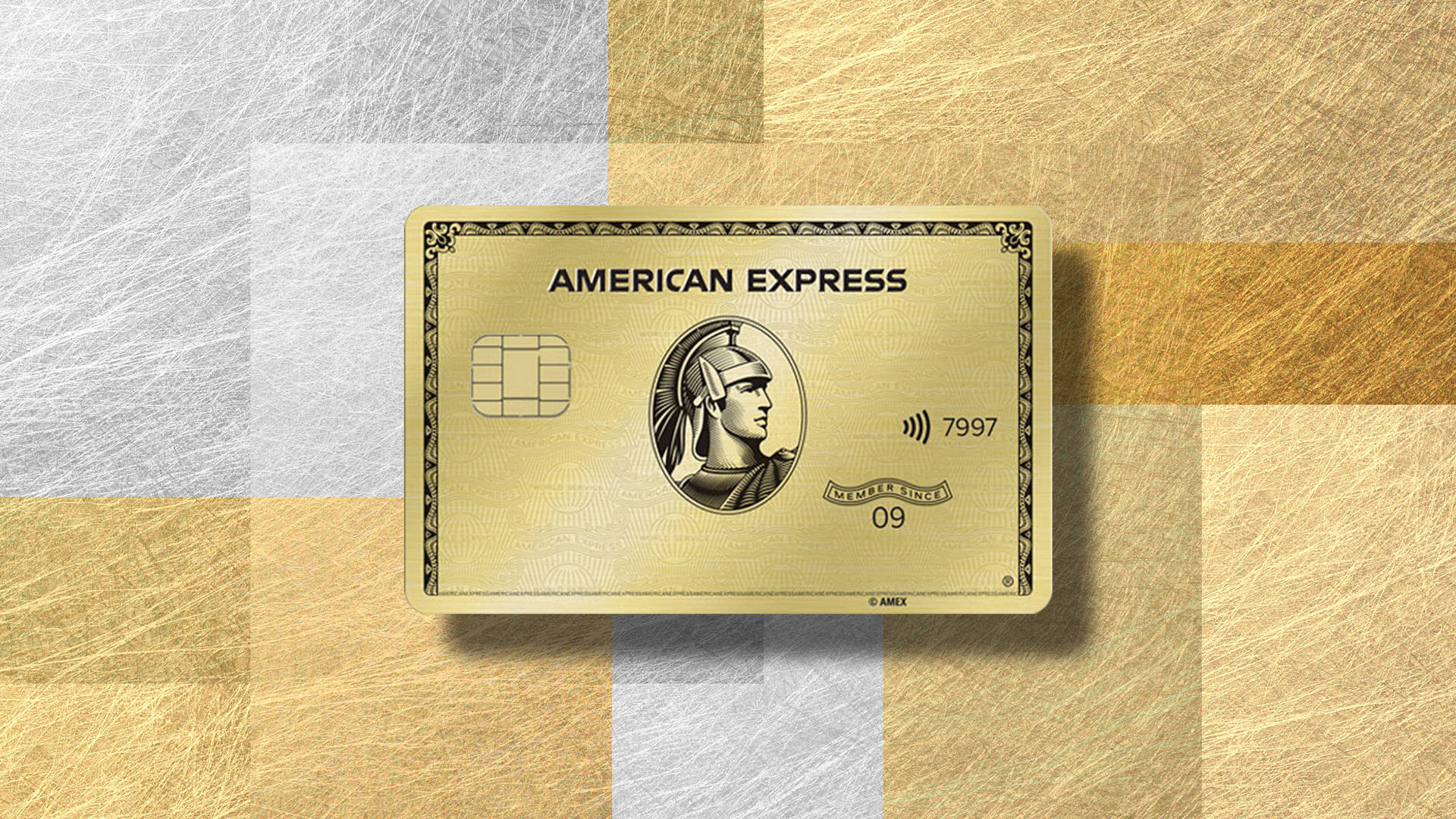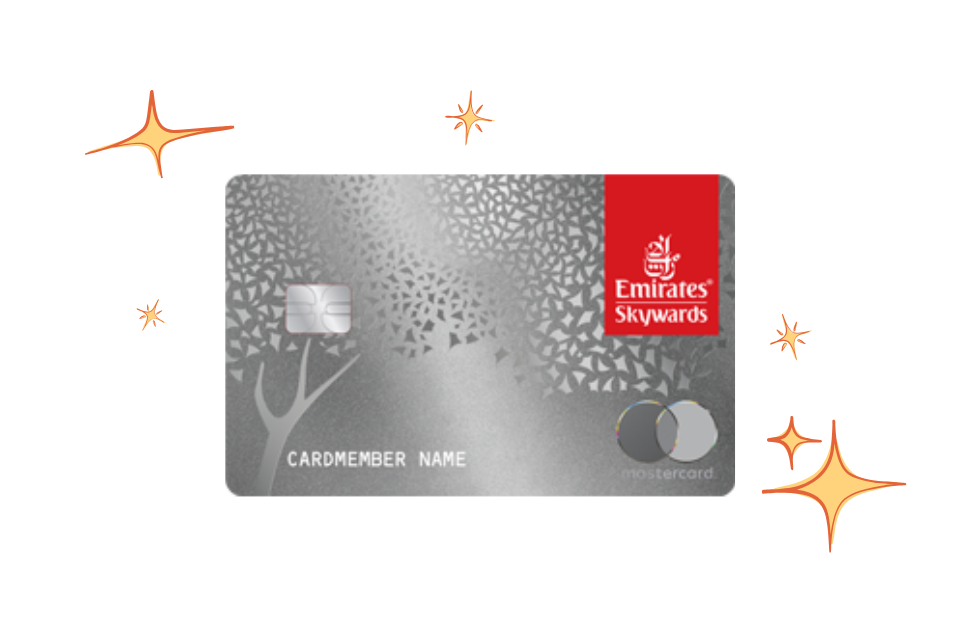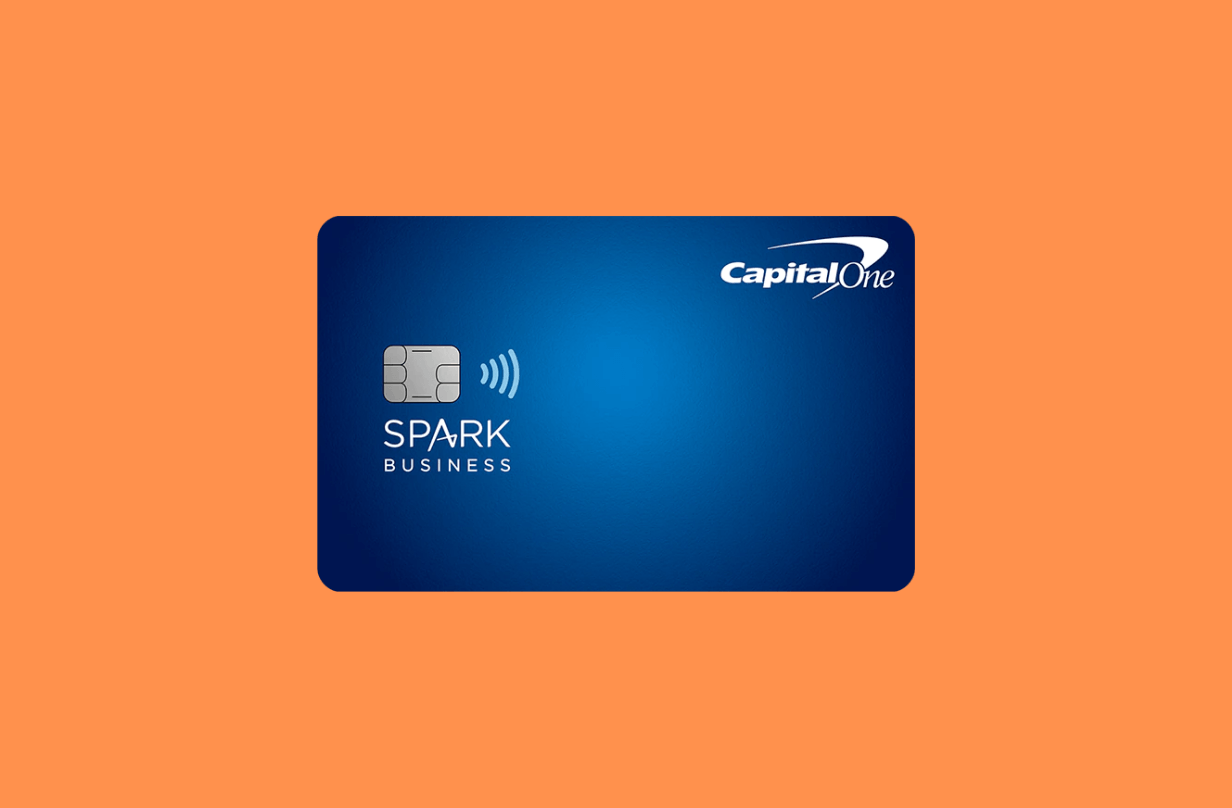Differences between business and personal credit cards

Key Differences Between Business and Personal Credit Cards
Understanding the distinction between business credit cards and personal credit cards is crucial for individuals and entrepreneurs looking to manage their finances effectively. Both credit cards are designed to cater to different audiences and come with specific features tailored to unique needs, which is why choosing the right one can significantly impact your financial management.
Application Process
The application process for obtaining a business credit card typically requires more extensive documentation compared to personal credit cards. Applicants are often required to provide their business tax ID, proof of revenue, and sometimes even personal identification to verify ownership. For instance, a small business owner might need to submit their financial statements in order for the lender to assess the company’s creditworthiness. This thorough vetting process is aimed at ensuring the card is well-suited for business-related expenses.
Credit Limits
When it comes to credit limits, business credit cards generally offer much higher limits than personal credit cards. This aspect is particularly beneficial for businesses that may incur larger expenses, such as purchasing equipment or traveling for work. For example, while a personal credit card may have a limit of $5,000, a business credit card could easily offer a limit of $25,000 or more, allowing for greater flexibility in cash flow management.
Rewards Structure
The rewards structure associated with business credit cards is often specially designed to cater to business expenses. Many cards provide enhanced benefits, such as cash back on office supplies, travel rewards for business trips, or even discounts on software needed for productivity. For example, if you frequently purchase supplies from vendors like Office Depot or Staples, your business credit card may offer 5% cash back on those purchases, enhancing your savings and helping your business to thrive.
Credit Reporting
Another important distinction lies in credit reporting. Business credit cards often report to business credit bureaus, which means they impact your business credit score rather than your personal credit score. This is a crucial factor for business owners to consider, as maintaining a good business credit score can open doors to more financing options in the future. On the other hand, overdue payments on a personal credit card can adversely affect your personal credit rating.
Conclusion
Using business and personal credit cards wisely is vital for maintaining healthy financial practices. By understanding these distinctions and choosing the right card for your specific needs, whether for managing personal expenses or business expenditures, you can maximize the benefits available to you. In the sections that follow, we will explore each aspect of business and personal credit cards in more detail, guiding you to make an informed choice that aligns with your financial goals.
Understanding Credit Card Features
When evaluating the features of business and personal credit cards, it’s essential to recognize not just the practical differences but also how those differences align with your financial strategy. The two types of cards cater to varied audiences, and understanding those variations can help you make informed choices that suit your specific needs.
Interest Rates
One significant area where business and personal credit cards can differ greatly is in their interest rates. Typically, personal credit cards come with lower interest rates compared to business credit cards, which may reflect the higher risk involved in lending to businesses. For example, while a personal card may offer an interest rate around 15% to 20%, a business credit card can have rates ranging from 18% to 25% or even higher. It’s crucial for business owners to manage their spending and repayment strategies effectively to minimize interest costs, as high rates can quickly cut into profits.
Fees and Charges
Both types of credit cards can have various fees, such as annual fees, late payment fees, and foreign transaction fees. However, business credit cards often have specific fees associated with features tailored for corporate use. For instance, a business credit card may charge fees for additional employee cards or specific international transactions. Here’s a breakdown of common fees to consider:
- Annual Fees: Many business cards have higher annual fees than personal cards, often due to the additional perks they provide.
- Foreign Transaction Fees: If you plan to travel for business, some cards will waive these fees, while others may charge up to 3%.
- Late Payment Fees: Business credit cards tend to have stricter late payment penalties, which can be substantially higher than those found on personal cards.
Use for Expenses
Another critical difference is how the cards are used concerning expenses. Business credit cards are explicitly designed to handle a range of business-related expenses, allowing owners to separate their personal and professional transactions. Personal credit cards, while usable for small business transactions, can blur the lines of accounting and make tax preparation more complicated. Let’s consider a practical scenario:
Imagine you are a freelance graphic designer. If you use a personal credit card to purchase software and hardware for your business, tracking those expenses for tax deductions can become cumbersome. By contrast, a business credit card streamlines this process, as all relevant purchases are categorized and can be easily reviewed at year-end.
Accessibility to Credit Resources
Access to additional credit resources can vary significantly between personal and business credit cards. Many business cards offer features like expense management tools, analytics, and integration with accounting software, which can be particularly advantageous for keeping track of budgets and spending patterns. These resources often come included or at a reduced cost with a business credit card, making them valuable for both small business owners and larger enterprises.
By understanding these small yet powerful differences, you can better navigate the credit card landscape and choose the option that best suits your financial needs.
Navigating Reward Structures and Benefits
Another vital area of comparison between business and personal credit cards is their reward structures and benefits. Both types of credit cards often offer rewards like cash back, points, or travel miles, but the programs are designed with different audiences in mind and can vary significantly in their details and applicability.
Rewards Programs
Business credit cards frequently have rewards programs tailored specifically to business needs. For instance, many cards offer higher cash back rates or points for office supplies, telecommunications, and travel expenses—common expenditures for business owners. Personal credit cards, on the other hand, may provide more generalized reward structures that focus on lifestyle and entertainment purchases. A personal card might give extra points on restaurant or grocery purchases but fall short when it comes to business-related categories. For example:
- Business Card Example: A business credit card might offer 5% cash back on office supplies and 3% on travel, allowing an entrepreneur to maximize rewards on spending that supports their company.
- Personal Card Example: A personal credit card might provide 2% cash back on groceries and 1.5% on everything else, which is less advantageous for a business owner focused on essential operational expenses.
Potential for Higher Credit Limits
Business credit cards often come with the potential for higher credit limits than personal cards. This feature can assist business owners in managing larger expenses without negatively impacting their personal credit utilization. Personal credit cards are generally limited by your personal income and credit history. For business credit cards, issuers usually consider the overall revenue of your business and may offer credit limits that better suit your operational needs. An example would be a small business owner looking to invest in equipment; having access to higher credit can facilitate those investments without disrupting cash flow.
Tracking and Reporting Tools
A distinguishing factor in the usability of business credit cards is their provision of tracking and reporting tools. Most business credit cards come equipped with features that simplify expense tracking, categorization, and even integration into accounting software like QuickBooks or FreshBooks. This makes it easier for small business owners to keep track of their spending and prepare necessary documentation for tax purposes. Personal credit cards typically lack these comprehensive tools, which means users must spend additional time organizing and categorizing their expenses manually.
Liability and Fraud Protection
When it comes to liability and fraud protection, businesses often enjoy enhanced protections compared to personal cardholders. Business credit cards usually come with additional security features tailored for the commercial environment, which can be crucial for safeguarding larger transactions. For instance, many business credit cards offer extended warranty and purchase protection for items bought with the card, which can help mitigate potential financial losses in case of fraud or theft. Conversely, the protections on personal credit cards might not extend to cover the same range of business-related transactions. Therefore, business owners should carefully assess the liability structures when choosing between card options.
By exploring these additional aspects of business and personal credit cards, you can gain a more rounded understanding of which card better suits your financial management style and spending habits.
Conclusion
Understanding the differences between business and personal credit cards is essential for anyone looking to optimize their financial management. While both card types serve the fundamental purpose of enabling purchases and offering a line of credit, the unique features and benefits associated with each can significantly impact your financial strategy.
Business credit cards are specifically designed to meet the diverse needs of entrepreneurs, offering tailored rewards programs, potential for higher credit limits, and robust tracking and reporting tools. These advantages can be instrumental in managing a business’s cash flow and operational expenses. Additionally, they often come with enhanced liability and fraud protection, ensuring that businesses are better equipped to handle large transactions safely.
In contrast, personal credit cards are better suited for everyday expenses and consumer behavior, offering rewards that focus on lifestyle spending, such as dining and travel. They can be an excellent choice for individuals who wish to manage their personal finances without the complexities associated with business expenditures.
Ultimately, the decision on which card to use will depend on your specific situation—balancing the needs of your business against your personal financial goals. By making a well-informed choice, you can ensure that you’re maximizing benefits and protecting your credit as you navigate your financial journey.


